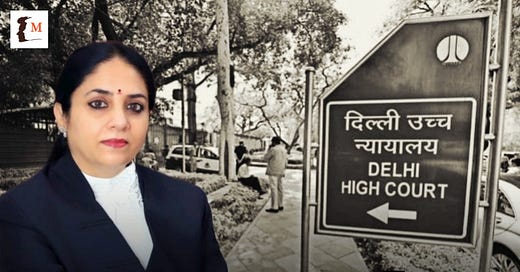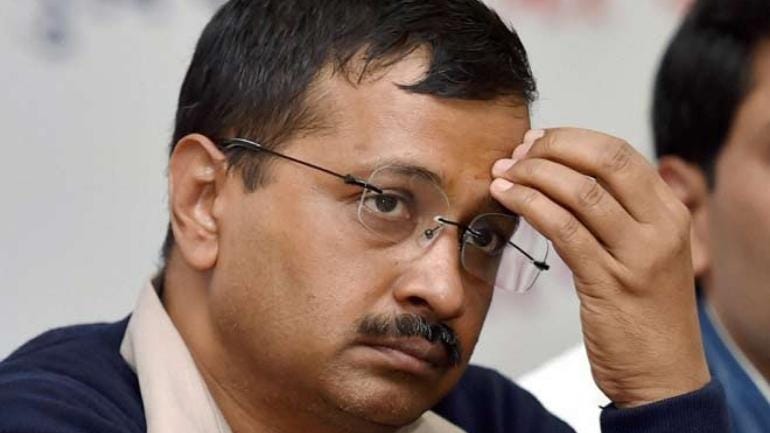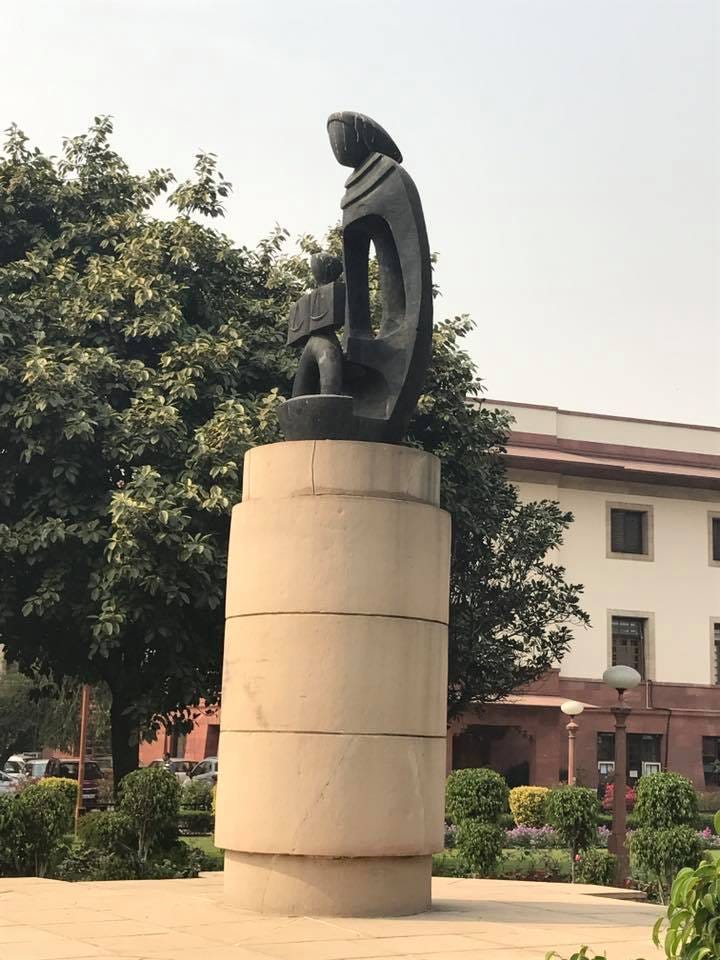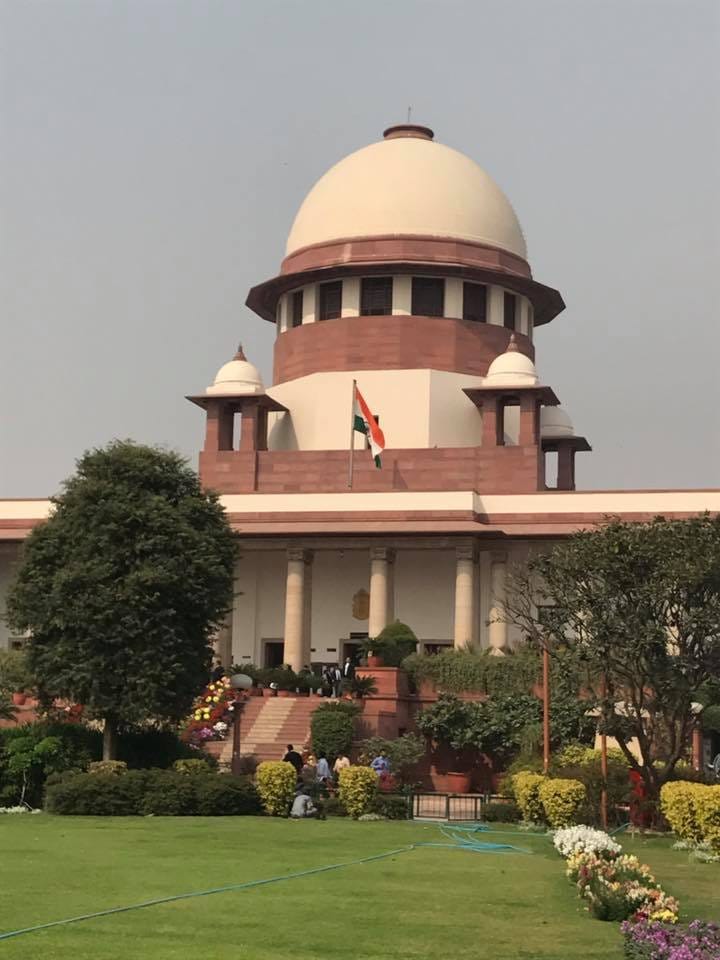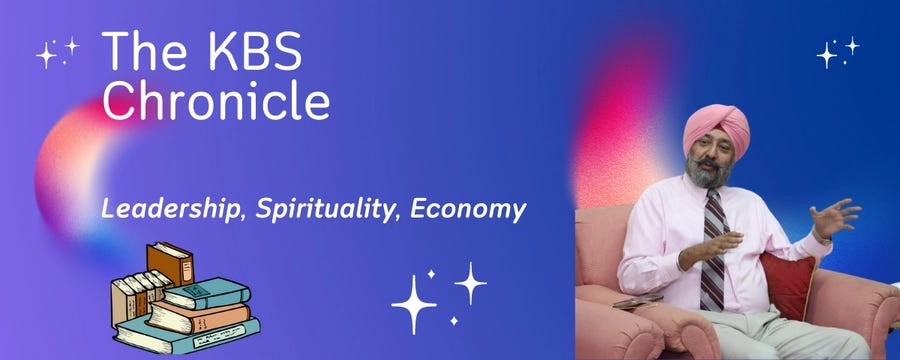{BREAKING} Delhi High Court Dismisses Kejriwal's Petition to Declare his Arrest by ED as "illegal"
The verdict is bound to increase the legal difficulties of the beleaguered Delhi Chief Minister, who continues to be in judicial custody in the Delhi Liquor Excise Case.
Delhi High Court Dismisses Kejriwal's Plea for “Immediate Release”
In a significant legal setback for Arvind Kejriwal, a Bench of the Delhi High Court, presided over by Justice Swarana Kanta Sharma, today (4:00 PM, 9th April, 2024) dismissed the Delhi Chief Minister's plea challenging his arrest as procedurally and legally invalid. Filed against his arrest by the Enforcement Directorate (ED) on 20th March 2024 in connection with the Delhi Liquor Excise case, Kejriwal's civil writ petition aimed not just to contest the arrest's legality but also to void the subsequent remand orders by the Special PMLA Court. Pronounced after nearly an hour's session starting at 3:15 PM today, this judgment escalates the legal difficulties for the embattled Chief Minister, who continues in judicial custody at Tihar Jail. This crucial development in the legal proceedings against the controversial excise policy case enhances the scrutiny on Kejriwal and his administration, potentially setting the stage for a criminal trial.
Detailed Analysis of Delhi High Court's Verdict on Arvind Kejriwal's Arrest
Legal Framework and Petition's Scope
Justice Swarana Kanta Sharma of the Delhi High Court Single Bench stated at the outset that Arvind Kejriwal's petition specifically challenged his arrest on the basis of not adhering to the mandatory procedural requirements outlined in section 19 of the Prevention of Money Laundering Act, 2002 (PMLA). She highlighted that the plea was not equivalent to a bail application but was aimed at questioning the arrest's legality per se. The petition sought to assess the validity of the arrest itself, rather than seeking Kejriwal's release on bail, which should initially be pursued through the lower court.
Allegations and Involvement
The Court noted the Enforcement Directorate's (ED) evidence suggesting Kejriwal's alleged direct involvement in crafting the Excise Policy and accusations of him personally demanding kickbacks. This involvement was highlighted in his dual capacities: directly, in personal capacity, and as the National Convenor of the Aam Aadmi Party (AAP).
Judicial Process and Approver Testimonies
Justice Sharma underscored the importance of the judicial process, defending the prima facie credibility of the approver's testimony, specifically pointing out statements from Mr. Reddy and Raghav, despite Senior Advocate Singhvi's attempts to challenge their reliability. The Court stressed that the longstanding law regarding approvers, over a century old, was not, on the face of it, manipulated to falsely implicate Kejriwal.
Trial Procedures and Rights
The Court dismissed concerns over the timing of document supply and the questioning of electoral processes as unrelated to the immediate matter. It affirmed Kejriwal's future opportunity to cross-examine witnesses, refusing to conduct a "mini trial" or to dictate the ED's investigative procedures.
Equal Justice and Investigative Process
The core points of the judgment, pronounced in open court, reiterated the principle of equal justice under law, dismissing the notion of special legal privileges for a Chief Minister. It referred to the Amanatullah case to emphasize uniform jurisdiction, indicating the timing of Kejriwal's arrest—regardless of its proximity to elections—was a non-factor in the legal scrutiny of his detention.
Political vs. Legal Considerations
The Court highlighted its obligation to law over politics, stressing that the dispute was between Kejriwal and the ED, not a political conflict between him and the Central Government. It echoed the sentiment that courts prioritize constitutional over political morality, with the judgment guided by legal principles alone.
Evidence and Legality of Arrest
Justice Sharma concluded that the evidence presented by the ED, including statements from approvers and associates within AAP regarding election financing for Goa, sufficed to justify Kejriwal's arrest and remand, for the time being. The Court conclusively determined that the arrest did not contravene PMLA stipulations or the precedents set in the Pankaj Bansal case.
Conclusion: Validity of Arrest
In this significant ruling, the Delhi High Court declared Arvind Kejriwal's arrest by the ED in the liquor policy case as valid, dismissing his plea challenging the arrest's legality and the subsequent remand orders. This verdict reaffirms the judiciary's independent role in scrutinizing the legality of enforcement actions, setting a precedent for the treatment of high-profile cases under the law.
Kejriwal's Judicial Custody and Legal Battle
Timeline and Representation
Arvind Kejriwal, the Chief Minister of Delhi, remains in judicial custody following his arrest on the night of March 21, 2024. His subsequent remand saw him initially placed under the Enforcement Directorate's (ED) custody for six days, extended by another four days, before being remanded to judicial custody until April 15. The legal proceedings saw prominent figures, with Senior Advocate Abhishek Manu Singhvi representing Kejriwal, and ASG SV Raju representing the ED. Justice Sharma of the Delhi High Court reserved her verdict on April 3, reflecting the case's complexity and the high stakes involved.
The Charges and ED's Stance
The ED's response to Kejriwal's petition branded him as the central figure in the excise scam, alleging significant evidence pointing to his involvement in money laundering activities. This backdrop paints a picture of Kejriwal's challenging position, facing serious accusations that have prompted intense legal scrutiny.
Nature and Scope of the Petition
Kejriwal's civil writ petition, filed immediately after his arrest, sought to contest the legality of his detention and the subsequent remand orders, aiming for an interim release, in the very least. This move underlined the strategic legal approach adopted by Kejriwal's defense, navigating through the intricacies of the law to challenge the procedural aspects of his arrest and custody. The petition's specificity, focusing on alleged non-compliance with procedural norms rather than serving as a direct bail request, highlights its tactical nature in the broader legal battle.
Legal Hurdles and Precedents
The application of section 45 of the PMLA poses a formidable barrier— at the time of consideration of any bail application— requiring judges to be convinced beyond preliminary doubt of the absence of money laundering charges on part of the accused, to grant relief. This high standard, exemplified by the recent rejection of interim bail for Ms. K. Kavitha, a co-accused in a related case, sets a stringent precedent that Kejriwal's legal team must navigate.
Potential Legal Strategies
The road ahead for Kejriwal's defense team is multifaceted, potentially involving a regular bail application to be filed with the Special PMLA Court, or an SLP (Special Leave to Appeal) to the Supreme Court of India. Each of these avenues presents its own set of challenges and opportunities, underscoring the dynamic and uncertain nature of high-profile legal battles.
Summing Up: A Long Road Ahead
Today's judgment poses a considerable challenge for Kejriwal, hinting at an extended legal battle as he and his defence team gear up to fight the charges on several fronts. This legal saga, unfolding against the backdrop of the forthcoming Lok Sabha elections, injects a dose of political drama into the case. The adeptness of Kejriwal's legal team, along with his own steadfastness, will be pivotal in maneuvering through the complex legal and procedural maze ahead.
While spokespersons from both AAP and the BJP are expected to present their respective narratives and television channels are set to highlight this development prominently, the verdict undoubtedly casts doubts on the prospects of Kejriwal's prompt release. As this legal narrative progresses, its impact on the political scene and legal standards will be meticulously observed and thoroughly examined and brought to our esteemed readers.
Stay tuned.

